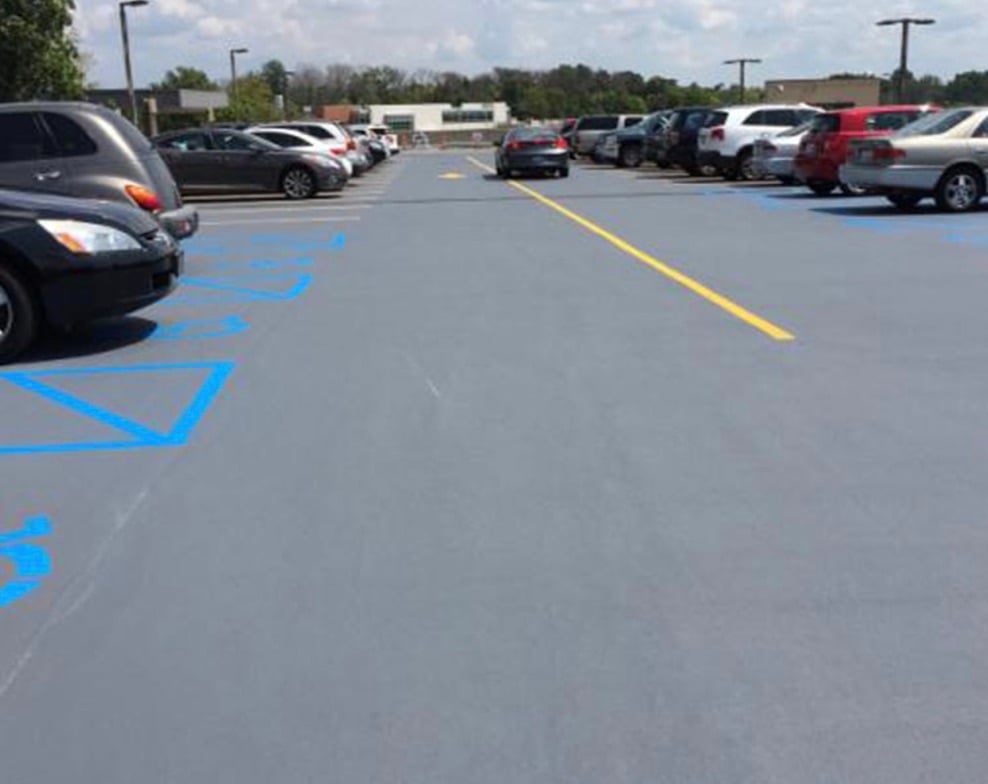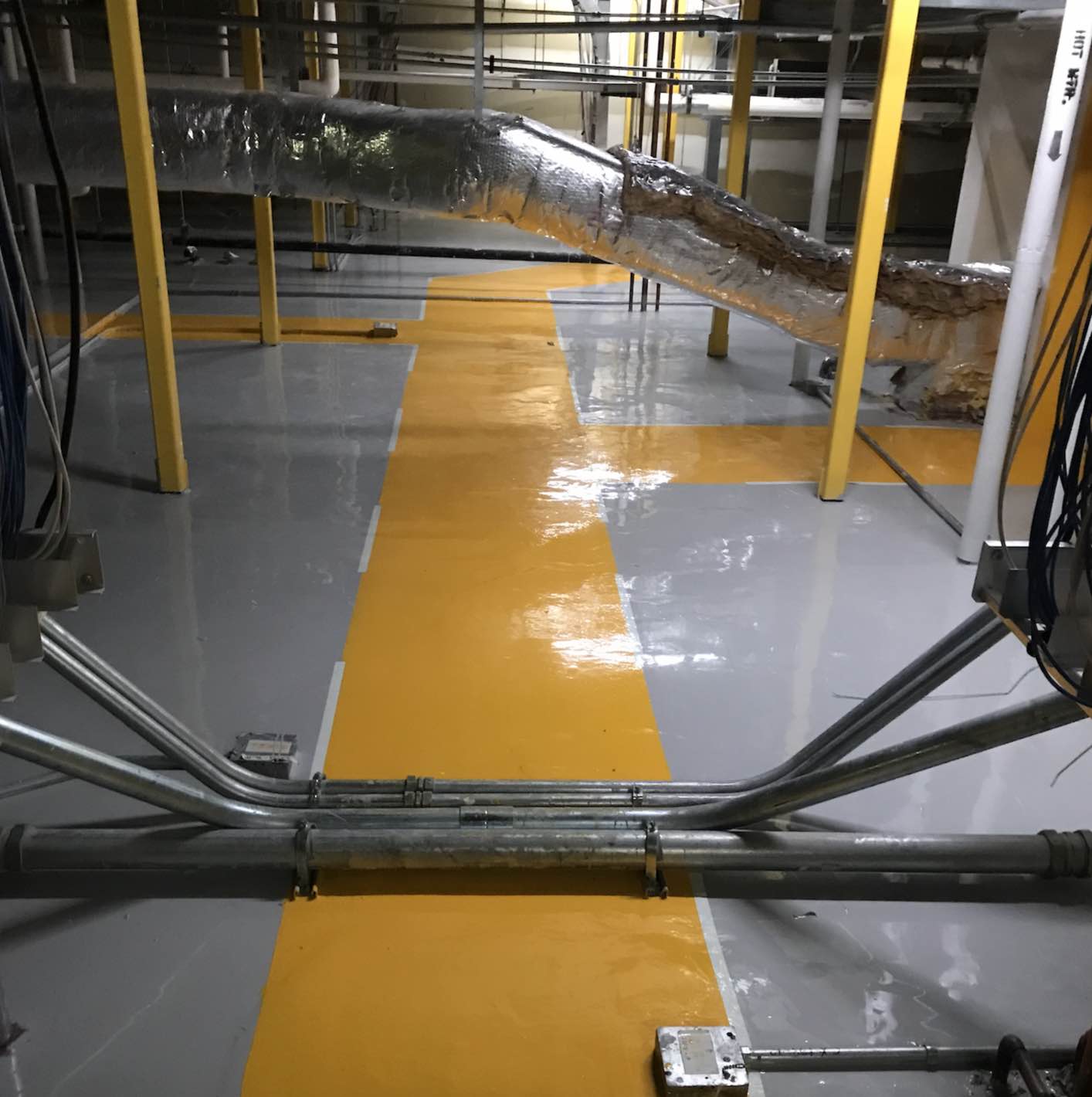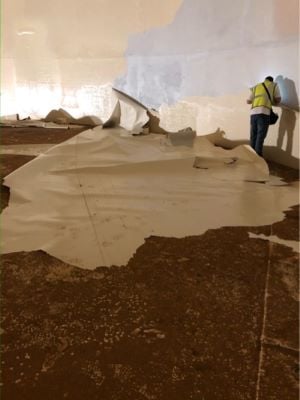
What are the Steps Required for a Successful Painting Program
Identify and prioritize the work to be done and clearly describe the scope of work in a specification document.
- High Performance Coatings
- Specification
Identify and prioritize the work to be done and clearly describe the scope of work in a specification document. The specification should set out expectations for the following: staging, surface preparation, application, clean-up and quality control documents, along with special circumstances such as testing the old paint for heavy metal content and testing the interior surfaces for chlorides prior to the application of a new lining system.
- Contractor Selection
The selection of a contractor SHOULD NOT BE based entirely on “lowest price” bid. Many times, what starts out to be a low price turns into something much more costly with extra charges and delays in completion, or a much shorter life cycle of your assets. Many factors should be considered when choosing a contractor.
- Expertise performing the particular type of work. One contractor might be fine for painting piping, but does not have the necessary experience for interior tank linings.
- Management of the project. The estimator in the office may be very knowledgeable, but how does that translate to the workers in the field?
- Does the contractor possess the latest technology in equipment needed to perform the work and are his workers comfortable using it? Is the equipment well maintained or is it in disrepair, causing further delays in the field?
- Does the contractor have the man-power to complete the project, or will he be hiring new people off the street?
- Are the contractor and his workers familiar with the coatings that are specified for the job? Do they keep up with the latest technology in coatings or do they have a tendency to choose the easiest route if left to their discretion?
- How is the working relationship between the contractor and the owner?
- Coating Selection
Many of the coatings available today appear to be generically similar. It is very hard to distinguish a quality coating from an average one simply by reading the data sheets. Unfortunately, many manufacturers are more interested in quantity than in quality. Even the leading manufacturers are leaving the research and development up to someone else, choosing to duplicate or “knock-off” the formula of a coating needed for a segment of their business. Many times, these reformulations are done with inferior resins and cheaper fillers and extenders. The end result is a coating that looks similar to another, but will not perform over the long-term.
In most cases, it is best for the owner/manager of a facility to rely on an expert in the field that they know and trust. The coating expert should be knowledgeable in all aspects of the industry and to be able to give the owner numerous options and the expected results of each option. It is usually best if the owner relies on this expert to write, or at least assist in writing, the project specification.
- Inspection
A very important component of the success of any coating project is the inspection. Quality inspection of the contractor’s work can be the difference between a few years of service life and a very long service life. Whether inspection is done in-house by the owner or by a third-party company, maintaining the standards of the specification should be the ultimate goal. In some instances, the contractor provides his own inspector to maintain a daily log, but the owner should always have a quality control back-up to verify the readings. Much like the selection of the contractor, the selection of an inspector should be based on knowledge, experience, availability and cost.
- Cost
Cost is something that should be discussed at the beginning of a project. If there are two or three different ways to approach the job, then budget numbers should be obtained to help determine direction. The owner may want the longest lasting paint job available, but can only afford something less. A decision may need to be made to spread the work out over a longer period of time in order to get the highest quality job. In the end, the more up-front information an owner has on every option, the better decision he can make for his company. How much corrosion protection, for how long and at what cost?
If you need help managing your individual facility paint program, or help specifying the right coatings for your project, reach out to High Performance Coatings. Our combined 200 years of coating experience can help guide you to a successful project or maintenance program.
Check out more resources
Writing Performance Based Specifications
What Considerations Should an Architect Make
Different Epoxy Chemistries and Where to Use Them
Why High Performance Coatings Fail
Don't miss these project profiles
Philadelphia City Hall Restoration

How to choose the right traffic coating
Traffic coatings are selected for a multitude of...

Floor Coatings Are Not Easy to Specify.
Many variables dictate the proper selection of...
